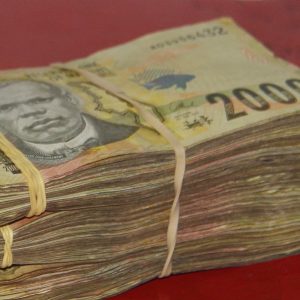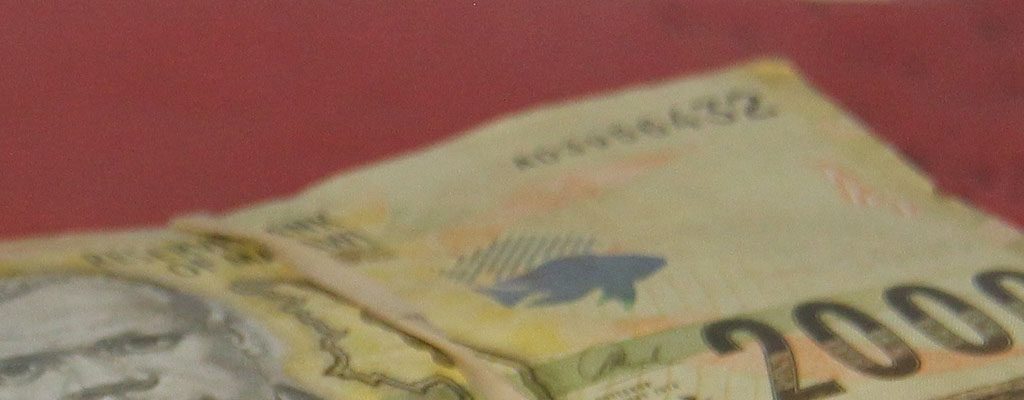
Making a simple phone call requires pre-paid time having been placed on the phone ahead of time. However, it seems few people have any time stored up. That will mean they have a phone, but only incoming calls will work. When you ask if they can make a call they will ask for money to “buy time.”
If you need to depend on someone else to supply transportation there is always the problem with little petrol in the vehicle. Going to town to make a purchase will require the outlay of funds to purchase enough petrol to get there and back.
Sharing a meal usually means the other person will willingly go to a meal with you, but it will be up to you to pay for both. Now imagine your surprise when you take a large group.
It seems that most of the time almost no one has discretionary funds with which to do anything. The same is true whether in the city or the countryside, but more often is the case in the countryside where 85% of Malawi’s population lives.
Here are some examples of what it means to live in the income level of a village person. Remember, an average village person earns less than $2.00 a day. That converts to about 1,500 Kwacha a day.
- A liter of fuel will cost a half-day’s wage, but will take you only a few kilometers.
- A loaf of bread, at K450, will require a three hours of income to purchase.
- A small container of milk will be K1,050; or more than day’s wages.
- A used car can come in at a minimum of $4,000.00, (K 2,916,000.00), or the entire income of a village person for 1,944 workdays.
- Finally, a new bicycle comes in at K50,000. This would require 34 days of the person’s entire paycheck just to make the purchase

